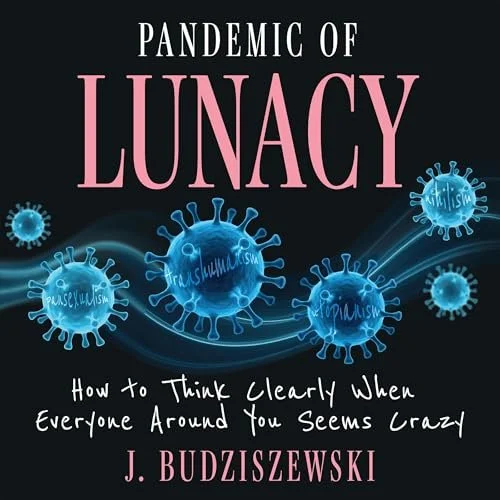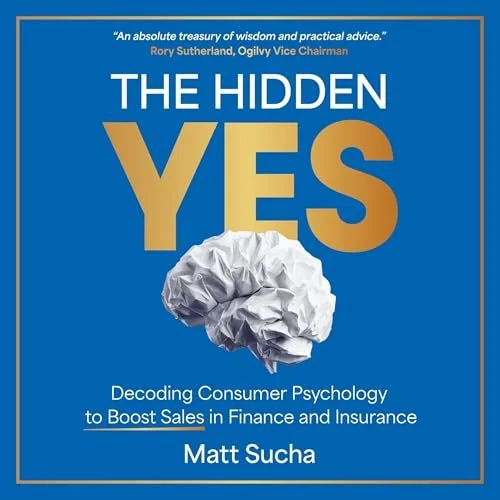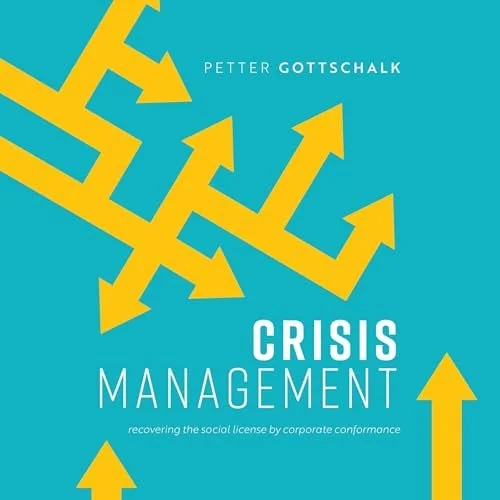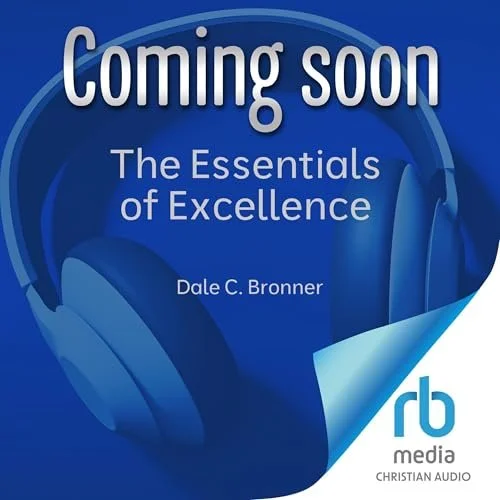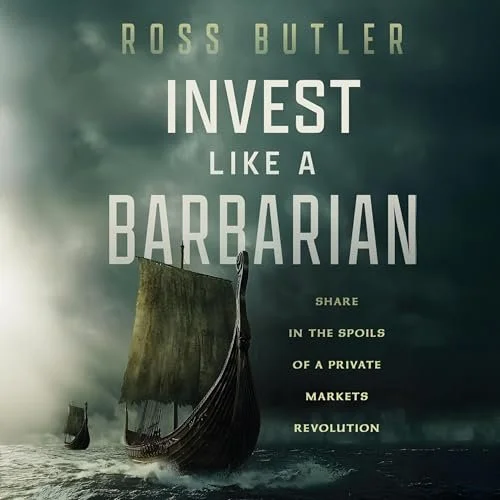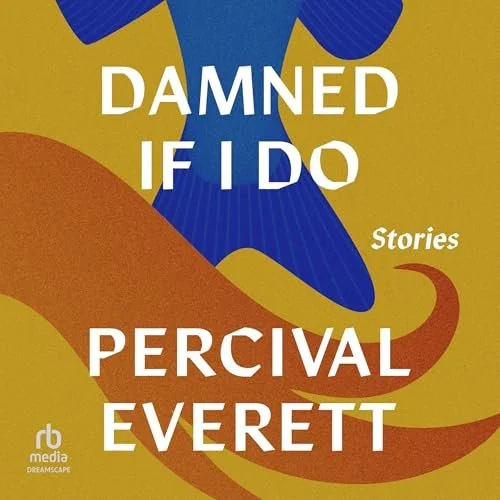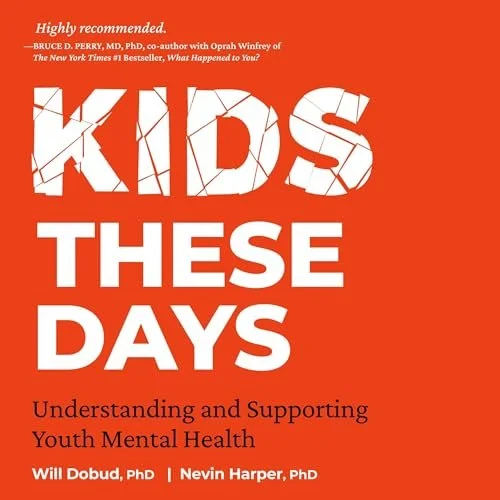
TMoAudiobooks
Welcome to the audiobook vault, where imagination meets narration.
Demos
Non-Fiction
Fiction
Self Help
Social Sciences
Latest Releases
Genre: Politics & Social Sciences
A bestselling moral philosopher dissects and explodes the crazy—but deadly serious—ideas that have spread, bred, and metastasized throughout contemporary society.
What is happening to the world? Why does it seem like everyone has gone crazy? Why are so many things that seemingly everyone believed the day before yesterday suddenly held to be retrograde, hateful, or even criminal? And why are things that everyone seemed to view as lunacy the day before yesterday suddenly taught or even required?
In Pandemic of Lunacy: How to Think Clearly When Everyone Around You Seems Crazy, University of Texas philosopher J. Budziszewski patiently explains the delusions that beset us. Ranging over the topics of morality and happiness, politics and government, family and sexuality, and God and religion, Budziszewski makes the case for sanity in commonsense language accessible to all.
Pandemic of Lunacy will be treasured by anyone who is troubled or confused, anyone who wonders whether the world has gone crazy or whether they have, and anyone who feels the need for a trustworthy guide in a topsy-turvy age.
Genre: Business & Careers
Why do customers hesitate or walk away even when the offer is great?
How do you sell more without cutting prices or adding benefits?
What are the three critical mistakes that ruin most sales efforts?
The Hidden Yes takes you on a fascinating journey into the world of consumer psychology to reveal the answers.
Packed with real-world case studies, this audiobook shows you how to remove the invisible barriers that stop customers from acting and how to apply powerful principles that make your offers more persuasive.
Drawing on a decade of experience with leading financial institutions, The Hidden Yes is your guide to decoding customer behavior and measurably increasing sales online and face-to-face.
Library
Turnaround Time
Based on your word count, you can expect an approximate amount of hours in your audiobook. Here’s a quick timeline as to how quick you can expect your audio returned to you.
0-6 Hours ~ 7 days
7-12 Hours ~ 14 days
13+ Hours ~ 21+ days

